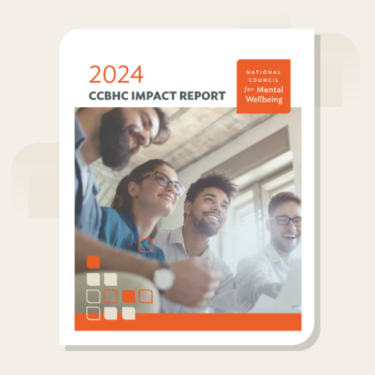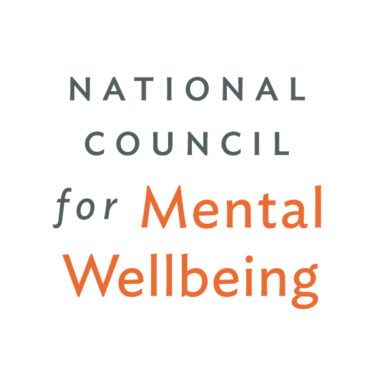FOR IMMEDIATE RELEASE
Contact:
Sophia Majlessi
SophiaM@TheNationalCouncil.org
(202) 621-1631
Behavioral Health Care Organizations Continue to Appeal for Emergency Funding to Purchase Personal Protective Equipment and Keep Doors Open
Washington, DC (May 12, 2020) – The National Council for Mental Wellbeing today began distributing 2.3 million surgical face masks to mental health and addiction treatment organizations unable to acquire personal protective equipment (PPE) to protect staff.
“Our member organizations are on the frontlines and risk exposure to the coronavirus every day as they treat those living with mental health and substance use challenges,” National Council for Mental Wellbeing President and CEO Chuck Ingoglia said. “Clinicians are going out to meet clients where they are, whether it’s at their homes or in public places on the streets, so we launched a massive effort to find PPE and address an enormous need for the life-saving equipment.”
A survey of National Council members in April found only 7% of community behavioral health care organizations had enough PPE to last the next two months, while 86% said they didn’t have enough PPE and 8% were unsure.
“Health care and behavioral health care providers work side-by-side, but in so many cases behavioral health care workers are deprived of the PPE their colleagues are provided. We would not expect half an army to go to war without necessary protection, but behavioral health care providers are expected to go to battle in this pandemic without the resources to keep them safe,” National Council for Mental Wellbeing Board Chairman and Vice President and Chief Operating Officer of Sheppard Pratt Health System Jeff Richardson said.
To address the national shortage of life-saving PPE, the National Council began a global search for masks. The National Council informed members it would make a single, massive purchase of masks and make the PPE available at cost to members. More than 1,000 behavioral health care providers – almost a third of the National Council’s membership – have placed orders. Delivery of the masks began this week.
“I’m glad we were able to step up and make a tangible difference in the lives of our members, who represent a vital part of the continuum of health care” Ingoglia said.
But challenges remain, and the National Council has urged Congress to provide financial support to help its members cope with the current public health crisis and prepare for the looming mental health disaster on the horizon.
While behavioral health care providers work alongside essential health care providers and also treat patients with coronavirus, they were overlooked in earlier stimulus packages. In March, Congress passed the Coronavirus Aid, Relief and Economic Security (CARES) Act to provide $100 billion in emergency relief to hospitals but didn’t include community behavioral health care organizations (CBHOs).
The National Council for Mental Wellbeing and the American Society of Addiction Medicine (ASAM) requested a $38.5 billion infusion of emergency funds for CBHOs to avert a large-scale public health calamity, with a significant portion of the funding dedicated to CBHOs enrolled in Medicaid and serving some of the nation’s most vulnerable individuals.
###
About the National Council for Mental Wellbeing
The National Council for Mental Wellbeing is the unifying voice of America’s health care organizations that deliver mental health and addictions treatment and services. Together with our 3,326 member organizations serving over 10 million adults, children and families living with mental illnesses and addictions, the National Council is committed to all Americans having access to comprehensive, high-quality care that affords every opportunity for recovery. The National Council introduced Mental Health First Aid USA and more than 2 million Americans have been trained.
About The National Council
Founded in 1969, the National Council for Mental Wellbeing is a membership organization that drives policy and social change on behalf of over 3,400 mental health and substance use treatment organizations and the more than 10 million children, adults and families they serve. We advocate for policies to ensure equitable access to high-quality services. We build the capacity of mental health and substance use treatment organizations. And we promote greater understanding of mental wellbeing as a core component of comprehensive health and health care. Through our Mental Health First Aid (MHFA) program, we have trained more than 3 million people in the U.S. to identify, understand and respond to signs and symptoms of mental health and substance use challenges.



